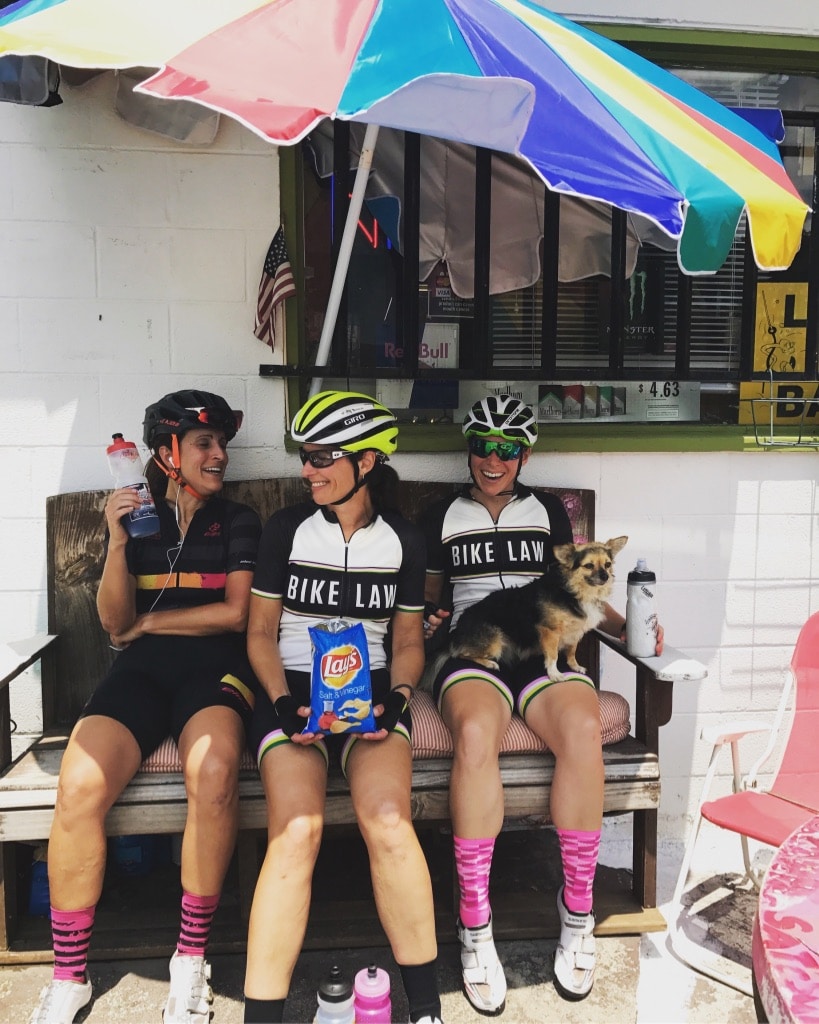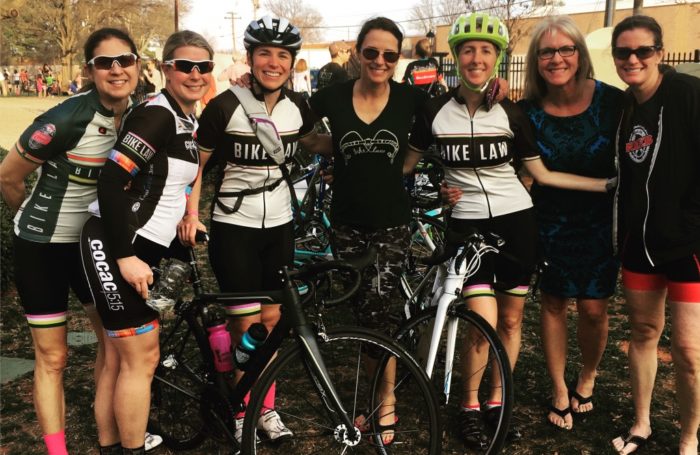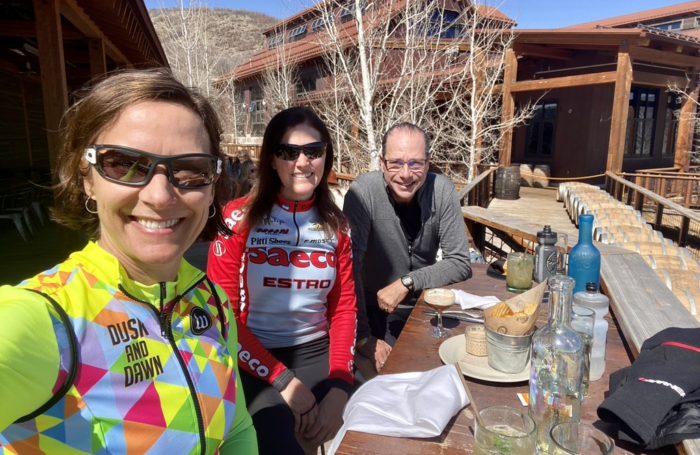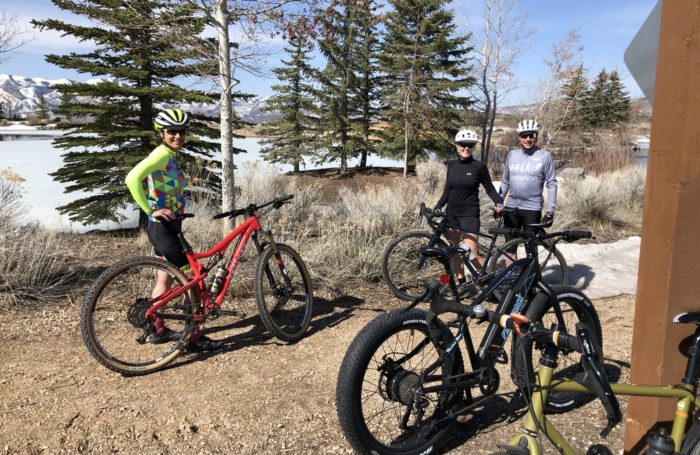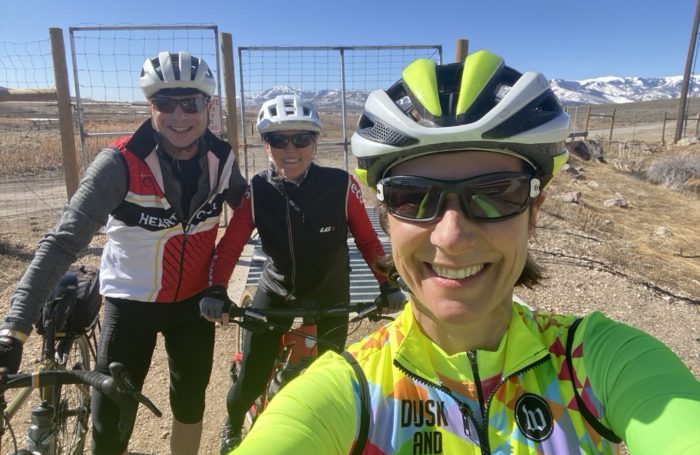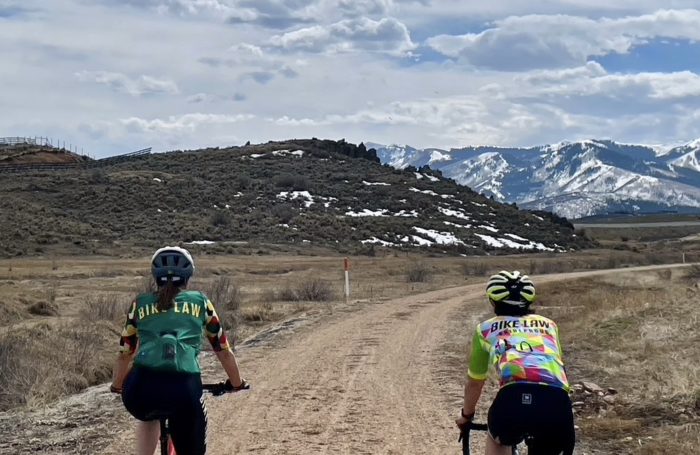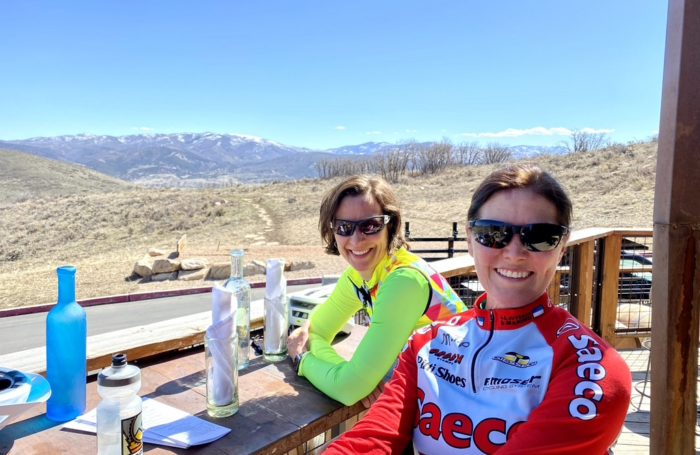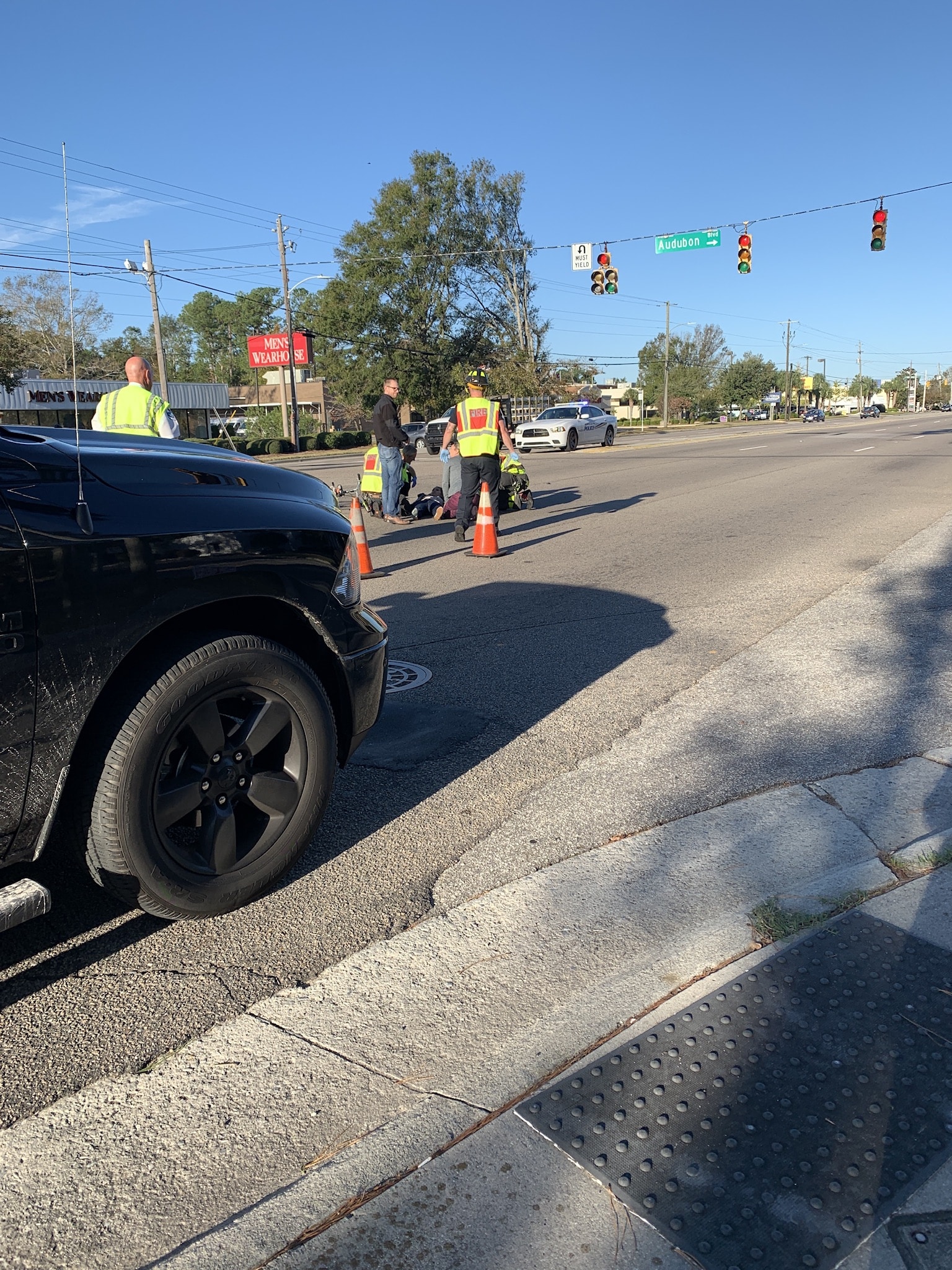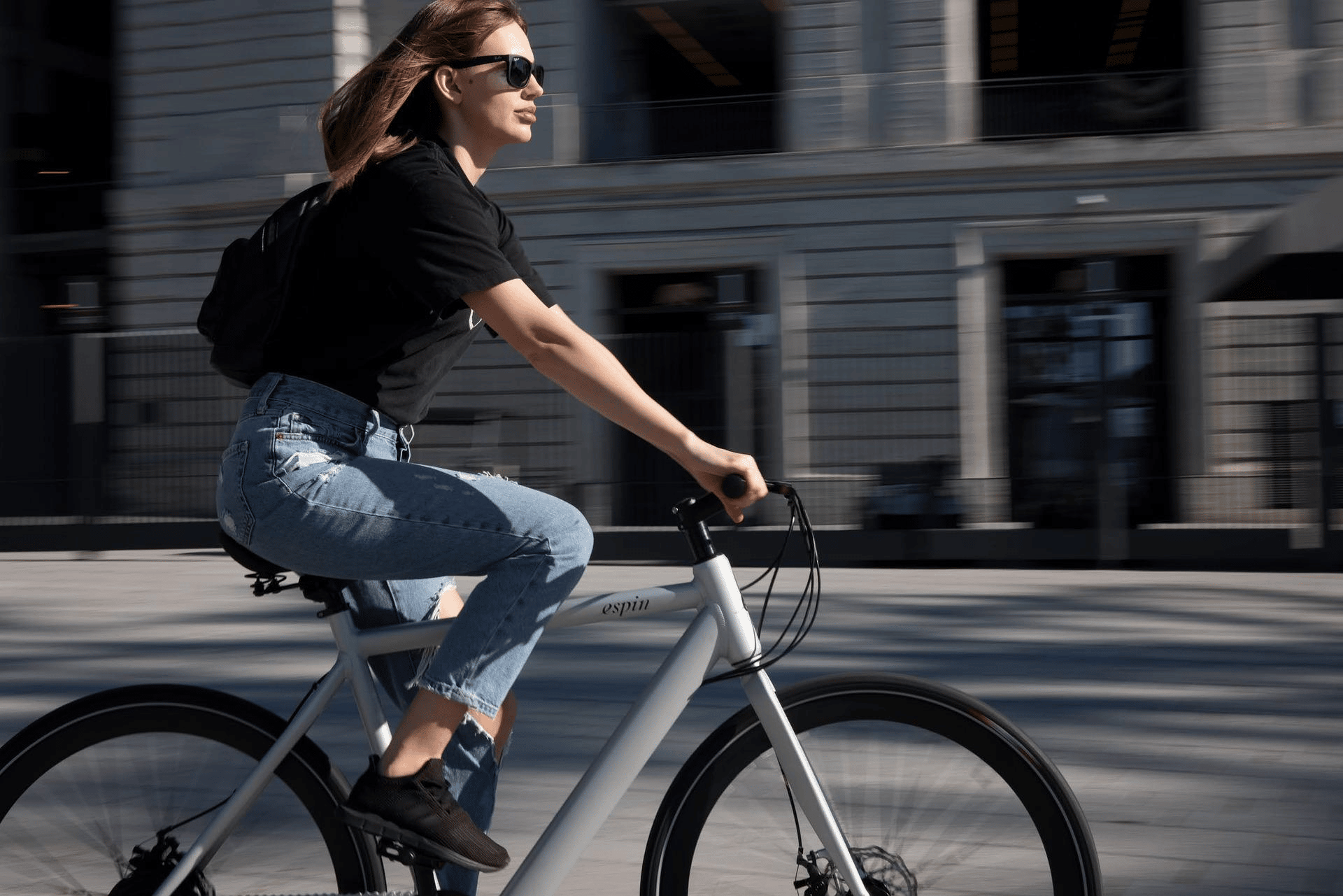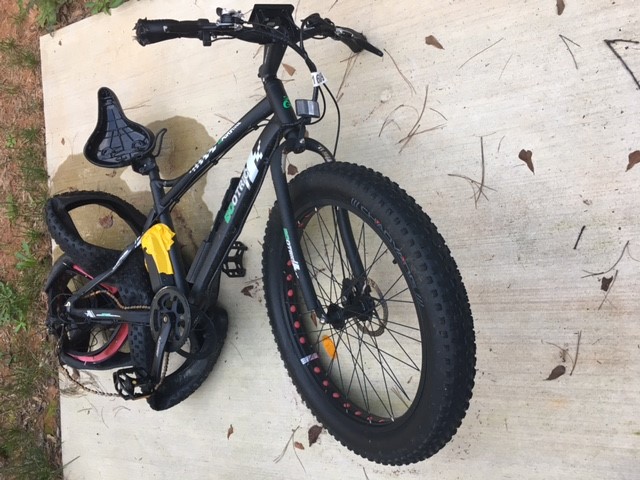Cycling Friendships can be the best part of cycling, and the biggest loss after a crash.
Cycling friendships are wonderful benefit to our sport and community. A major part of our work as bicycle “accident” lawyers means putting a value on losses that our clients suffer as a result of injures from crashes. When it comes to past and future medical expenses, lost income and other financial losses, the job is cut and dry. Add up the numbers and that’s what you get. But what about the loss of activities; the inability to ride, or to ride as often, or in the same groups, for example? Or the loss of ability to do home repairs, or care for children, or elderly parents? The consequences of careless driving behavior can be far reaching.
One of the most overlooked and ill-accounted for losses, however, is cycling friendship. The companionship that comes from the shared love of an activity, the camaraderie of outdoor adventure, accomplishment and yes, even sometimes misery. If you are physically unable to share in the adventure, accomplishment, misery or whatever aspect of cycling draws one to one’s particular cycling friends, then you are left to sit at home, alone, while they continue to enjoy what you used to enjoy together and hope they will visit you later in the day.
My Cycling Friendships: 20 years of riding and fun
I’m reflecting on these things after spending the weekend riding and skiing in Utah, with two dear friends that I met 20 years ago, mountain biking in North Carolina. Within months of meeting, they convinced me to buy a road bike and conned me into signing up for a ski race clinic (for which I am forever grateful, but was mortified at the time, being barely able to ski). The three of us have had some pretty epic adventures together, including bicycling trips to California, Shenandoah Valley, and hundreds of rides all over North Carolina. For many years (until I moved from Raleigh to Charlotte) we spent every weekend together, and an evening or two a week, riding.
Here we are in twenty years ago:
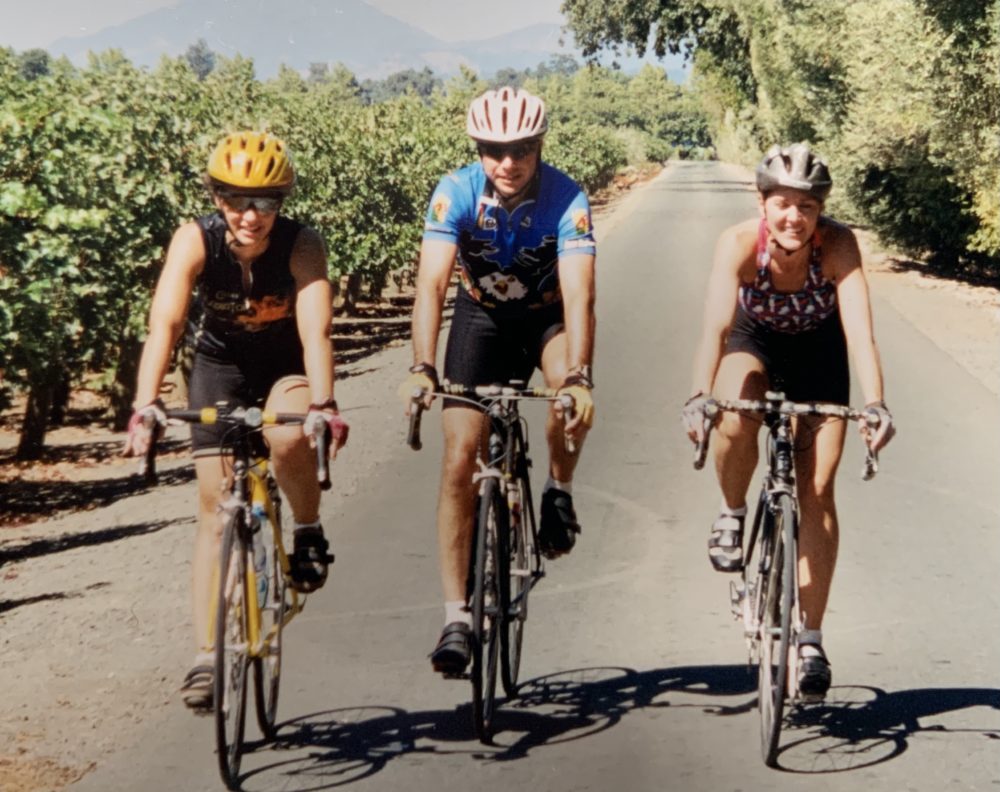
Over the years, our friendship has grown much deeper than just bicycling and skiing together and I’m sure if one of us became no longer able to do those activities, we would remain friends and support each other. However, the shared joy of those activities would be gone. The laughs we share when one of us finds ourselves in an awkward position on skis at the edge of a cliff or the delight of discovering interesting sights (and food) along a ride, or completing an epic climb, would no longer be there. We would be left to our memories. One day that will happen naturally, with aging, but even the thought of it disappearing suddenly and without warning, is devastating.
Here are a few more recent photos (out of many):
The Ultimate Cycling Friendship
I met my husband, who grew up in Utah and now teaches at Wake Forest University, indirectly, through cycling. We both love cycling and skiing and I’m not sure we would even know how, or want to, plan a trip that doesn’t include at least one of those activities. When one of us asks, “what are we doing today?” the answer better include a bike, if we’re in North Carolina, and/or skiing, if we’re in Utah. I suspected I’d met my match when he asked me on a date and clarified that, by “date,” he meant a mountain bike ride, followed by a beer. As with my friends, I know it’s likely that one day we’ll be too old to do these things in the same way that we do them today, but I hope to see us biking to get tacos for dinner and stepping into our skis until one day at a very old age we both die peacefully in our sleep. I know a lot else can happen between now and the end, but that is the dream.
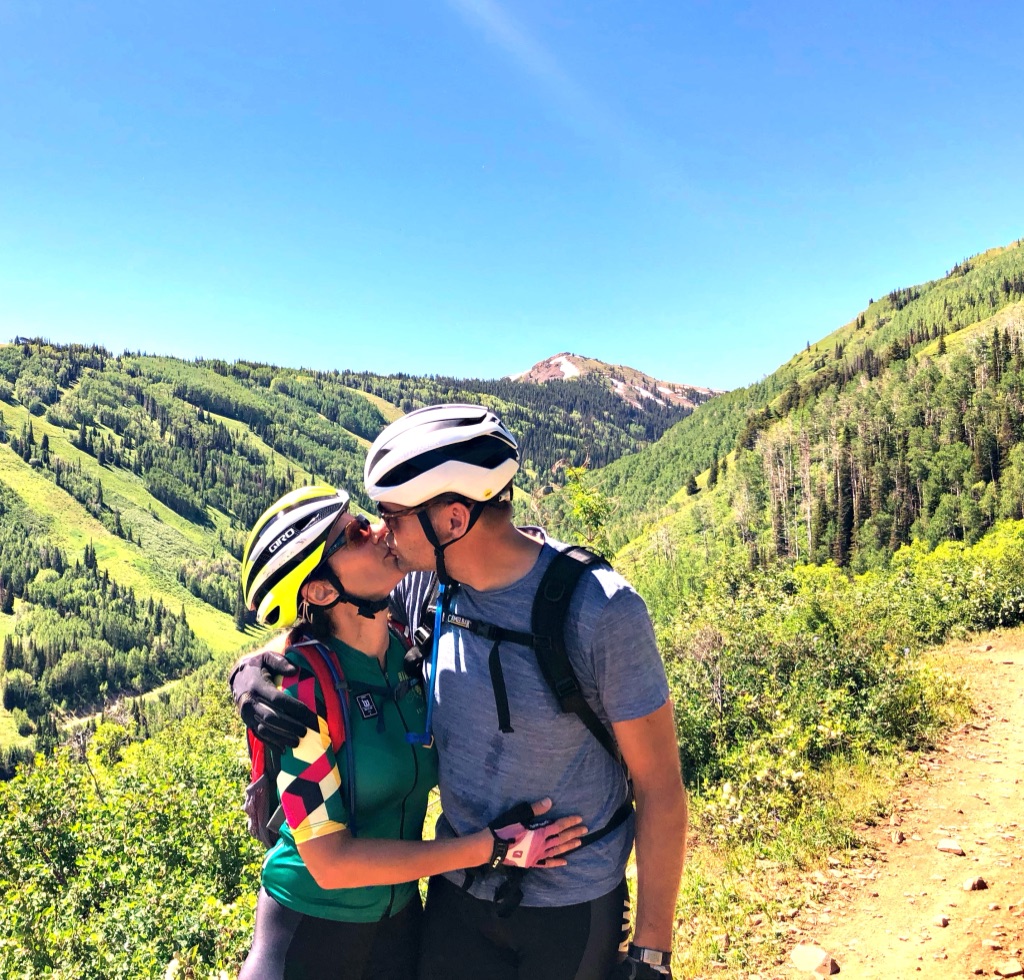
The repeated sharing of new discoveries, accomplishments and physical exertion helps create bonds and bridge gaps. Cycling has broadened my friend circle beyond the group of people who are easy for me to meet, because of my professional activities or where I live. It has created a network for friends I know would come through for me in a pinch, and whom I can call if I need a quick lunch ride. Through cycling, we’ve realized we have a lot in common and many shared goals, even if our political or religious beliefs differ.
I understand that, for many of our injured clients, the loss of the activity itself is devastating. It would be for me. Riding a bike, whether it’s road, mountain, gravel or city, recharges me, makes me feel alive, picks me up if I’m feeling down, allows me to put aside my thoughts and focus just on movement and the feeling of the dirt below my wheels, or wind on my face. You see things and meet people on the bike that would go unnoticed in a car. You feel a sense of accomplishment, as you take further rides, haul stuff with your bike, or shave time off your Strava segment, wherever your particular goals or interests lie.
The Loss of Cycling Friendships
But the biggest loss for many of our clients, as it would be for me, is the loss of their community, the loss of the cycling friendships. Sure, they’re still your friends, but they’re out there experiencing, discovering and bonding together, and you’re not there. When you get together for dinner, the shared stories are theirs and you are merely a listener. The passion that brought you together is now what separates you.
There is no price tag for this loss. I don’t know anyone who would sell this, for any amount of money. But it must be given a value, because otherwise we are saying that only actual money has value in our lives, and that cannot be the case.
North Carolina’s civil justice system is set up to accomplish two goals (1) compensation for injuries and (2) to “deter certain kinds of conduct by imposing liability when that conduct causes harm.” Compensation is a very broad term that encompasses financial losses and “pain and suffering.” Cyclists are often stoic about pain, but the suffering that comes from the losses can be devastating. Medical bills and lost income rarely provide an accurate measure of, or basis of a formula to determine, those losses. They must be evaluated not in the context of how much money the injured person has lost, but the separate value of the loss to the injured person, and that value must be significant enough to send a message that our society does not accept the type of risk that the careless driver has taken with other peoples’ lives.
The two goals of compensation and deterrence are inextricably linked: there is no deterrence without consequence and the consequence must reflect both the behavior and the harm done. How can we say, for example, that texting while driving is wrong and should be curtailed if the person who is texting while driving causes a death or serious injury and is given a slap on the wrist? We must place a value on the loss of community and the loss of passion. And that value must be significant enough to make people slow down and focus on the road while driving.
In most lists of humans’ deepest fears, loneliness is typically among the top five fears. When talking about losses, we often refer to the loss of the activity and the loss of passion, but the most monumental losses: community and friendship, are often overlooked and undervalued. Changing that can change the entire landscape of our work toward safer roads.
Every day after a crash, an injured person notices the loss of things they previously took for granted. Just like we keep turning on light switches when the power is out, we don’t appreciate what we have until it is suddenly taken away. My reunion with my friends was a reminder to cherish my friendships and community and to keep working to make our world a safer place where all of us have the right, and the ability, to ride off with our friends and family into our sunset years.
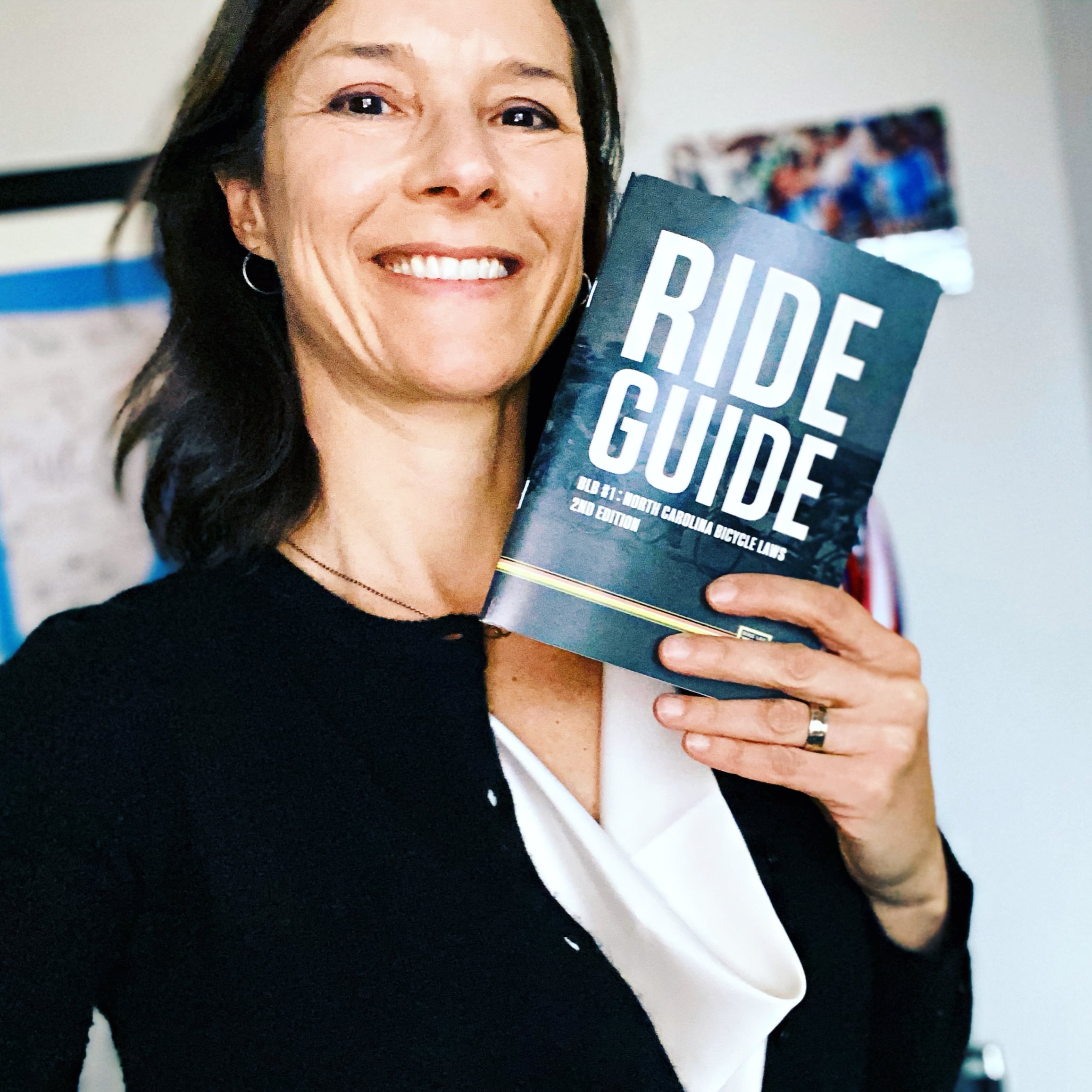
North Carolina lawyer and Bike Law founder, Ann Groninger, has advocated at the state level on behalf of bicyclists in North Carolina for over 15 years. Ann has offices in Charlotte and Durham and has helped bike accident clients in Asheville, Raleigh, Durham, Greenville, Wilmington, Fayetteville, and throughout the state. Read more about Ann on her bio page.



